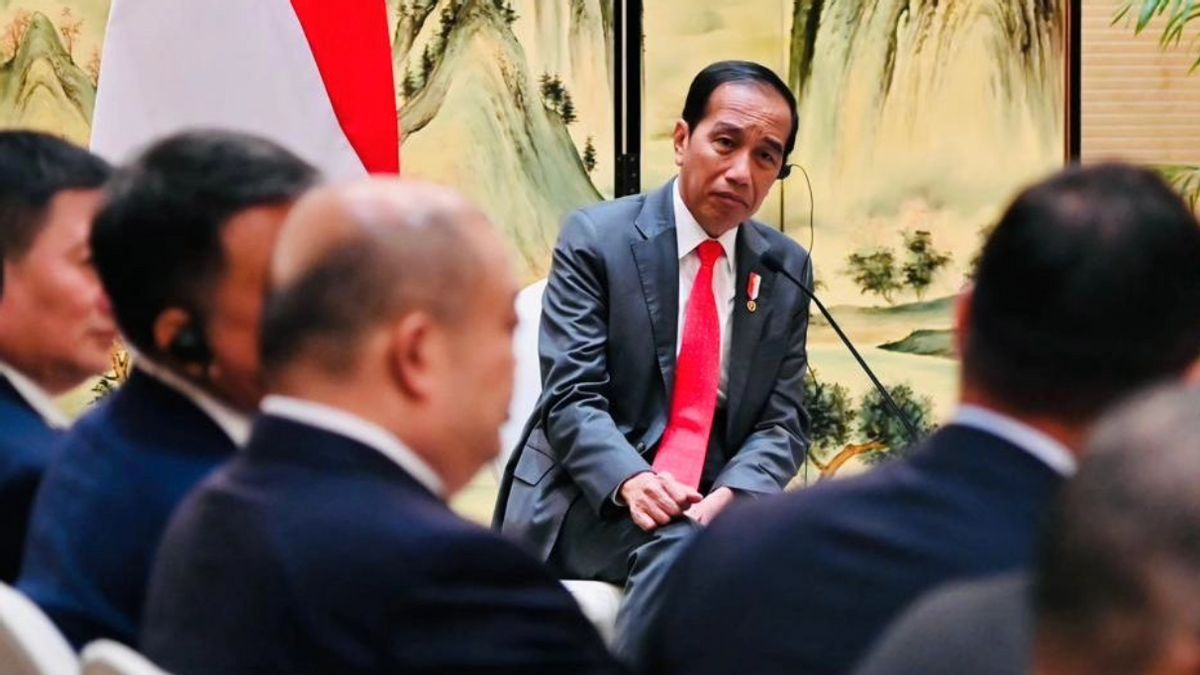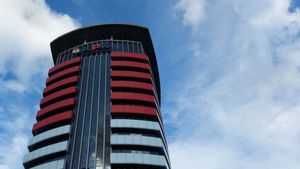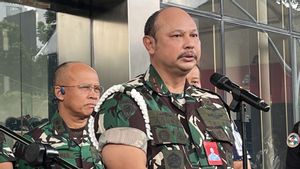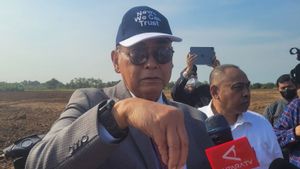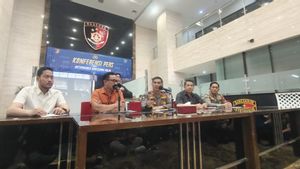JAKARTA - The Indonesian government attracts an investment of 11.5 billion US dollars during President Joko Widodo's visit to Chengdu, China.
According to the Minister of Investment/Head of the Investment Coordinating Board (BKPM) Bahlil Lahadalia, President Jokowi witnessed the signing of an investment memorandum of understanding between glass company Xinyi Glass and the Indonesian government.
"Xinyi is the largest company in the world of glass players. The market share is more than 20 percent, approximately 26 percent market share from this company," Bahlil said as quoted by ANTARA, Friday, July 28.
Bahlil said Xinyi had committed to building an industry in Rempang, Batam, and would become the second largest factory in the world after China.
According to Bahlil, the Xinyi factory will later become a form of downstreaming from the quartz factory and various other raw materials in Indonesia.
"If we have succeeded in building a downstream ecosystem from nickel, now we are starting to push it into quartz sand. Later the output of the products will be carried out by almost 95 percent for exports, because the market is a foreign market," he said.
Bahlil said the Xinyi factory in Batam will also produce solar panels that will be intended for the export market.
"The total investment is 11.5 USD billion and they actually made their first phase investment in the JIIPE area last year amounting to 700 million USD," he said.
اقرأ أيضا:
Bahlil refers to the factory PT Xinyi Glass Indonesia which is located in the JIIPE Special Economic Zone (SEZ), Gresik, East Java.
"This happened due to the full trust of investors in the Indonesian government under Pak Jokowi's administration. After they checked, it turned out that what they felt was very good and wanted to develop their business and create jobs of approximately 35 thousand," he said.
In addition, Bahlil reported that President Jokowi also witnessed the agreement to accelerate the implementation of industrial estates in North Kalimantan, especially to build a petrochemical ecosystem and at the same time build an electric vehicle (EV) ecosystem by using new and renewable energy from the Kayan River.
"This is planned for a comprehensive development to be carried out in December this year or January next year," said Bahlil.
The English, Chinese, Japanese, Arabic, and French versions are automatically generated by the AI. So there may still be inaccuracies in translating, please always see Indonesian as our main language. (system supported by DigitalSiber.id)
